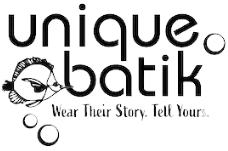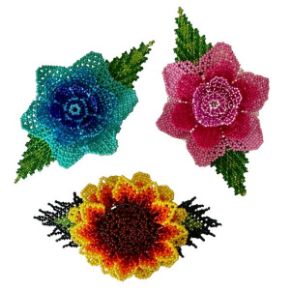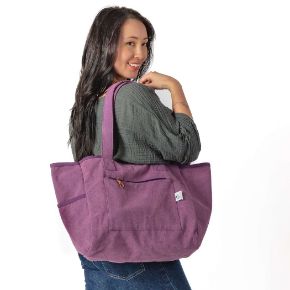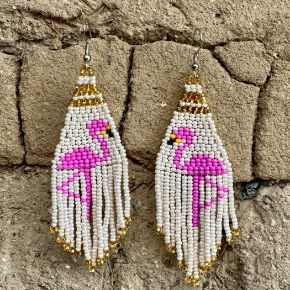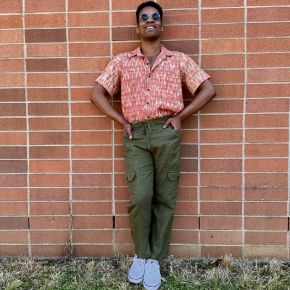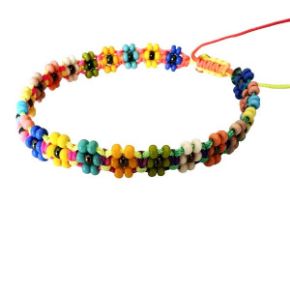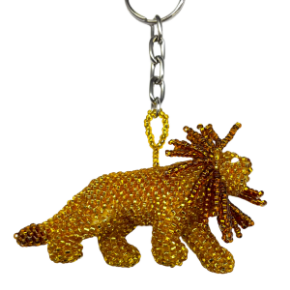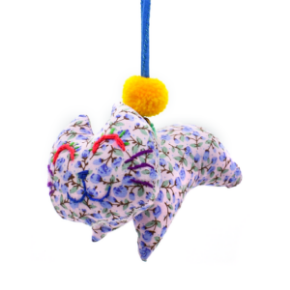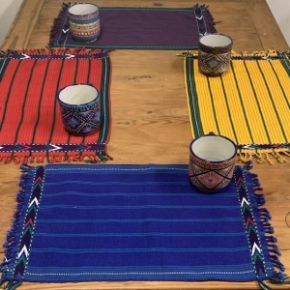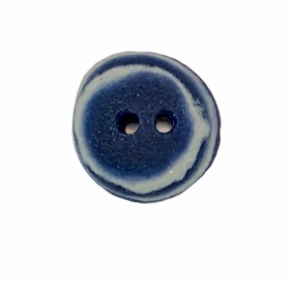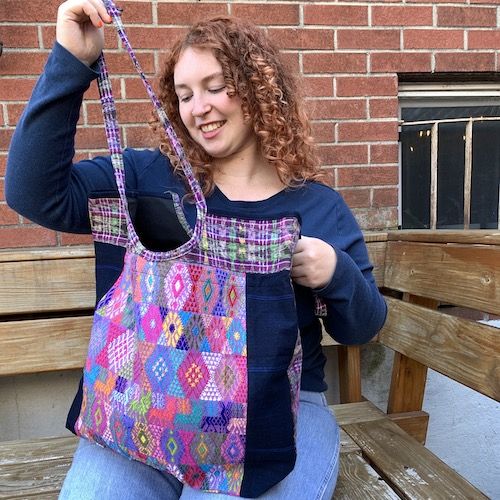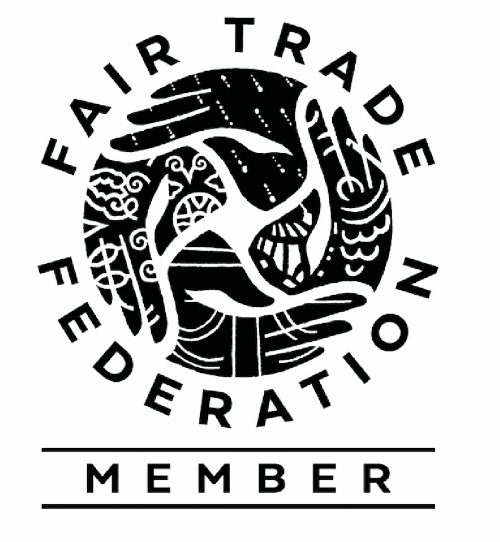We in the developed world live in a privileged economy. Most of us have excess resources for and access to surplus choices in the “managing of our households”. (Economy is borrowed from the Greek word oikonomia which means just that: management of household). These luxuries make us ideal targets for advertisements. We are bombarded with them everywhere we look and listen.
The questions I propose will be a pain to execute. Careful regulation of our commerce will cost us in time and energy, yet the wide range of gains will be profoundly motivational.
Are you ready to tip the scale?
3 Questions to Ask Yourself Before You Buy (I made it as easy to remember as do-re-me.)
1 DO... DO I have one?
Is there already one of these in my household? Is it still acceptably useful, fulfilling its function?
The staggering statistic of annual textile waste in the USA, 100 pounds per person, is Exhibit A of the frequency and ease with which we shop for clothes. When I lived in Guatemala, “paca” shops stuffed with the overflow from thrift stores in the States were viable businesses. What resulted in a welcome resource for the locals also displayed the shocking reality of dissipation up north.
We easily get tired of our old stuff, and the “lure of the latest” is real and strong. Instead of discarding, consider creative up-cycling or re-purposing for a fresh look. Recognize and value what you have, add to it, reconstruct it, or re-imagine a way to increase its life. A de-cluttered closet will only enhance your sense of well-being. Guaranteed.
This bag was once a blouse.
My Eco Closet shared some useful suggestions on the theme of sustainable shopping.
2 RE... Did I REsearch the seller?
Ethical vs Fast Fashion
Since the year 2000, twice the amount of clothes are manufactured worldwide. An average person today buys 60% more clothes than fifteen years ago. Because clothing is replaced faster, the production rates increase to keep up with demand. This affects the accelerating negative impact on our environment. 92 million tons of textile waste per year! Read up on Fast Fashion statistics here.
The resulting low quality of Fast Fashion creates the need for replenishment, increasing demand, so the evil cycle continues. I spoke to an 84-year-old lady this week, who said she still wears clothes she made twenty years ago. I wonder if any of us still fit in our 90s outfits!
Consider too the cost to human lives in the fast fashion industry. Atrocious conditions in factories and low wages of workers are well-documented. Find a list of 12 films about fast fashion that may quickly cure your shopping compulsions here.
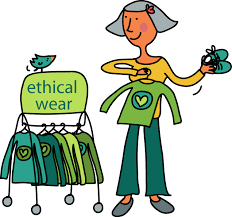
The definition of ethics clashes with the popular philosophy of relativity in the third millennium: Ethics is the discipline dealing with what is good and bad, and with moral duty and obligation. The Cambridge Dictionary defines the meaning as “relating to beliefs about what is morally right and wrong.” If we propose an ethical attitude to shopping, we must “conform to accepted standards of conduct, involving or expressing moral approval or disapproval” (Merriam-Webster).
As much as we can know the facts about a company, let us make informed decisions about where we drop our dollars. Burying our heads in the sand, as ostriches do, won’t make the evil go away. Do the work: research and stop supporting the exploitation of vulnerable people and our beautiful earth.
As a seasoned fair trade partner, Unique Batik has earned its place on the ethical shopping platform. Up-cycled garments form a large chunk of the items we offer. The stories of its decades-long personal relationships with the artisans are told in previous blog posts. These individuals are not faceless numbers to us.
3 ME...Does this MEet my budget?

Is this purchase within my budget limits? Advertisers specialize in appealing to our innate greed by offering credit – buy now & pay later campaigns. The sale and discount aisles lie littered with the fallen! “My heart never beats as fast as it does when I see a 'reduced by 50 percent' sign,” admits Rebecca Bloomwood in Sophie Kinsella’s Confessions of a Shopaholic. (How I do relate!)
The strong link between debt and poor mental health is widely known. The distressed mind chooses the temporary excitement of a new purchase, overspends, and so starts another cycle that is harder to escape from.
Stop and assess the benefits compared to the costs. Be wise.
The Sugar Boycott
Late in the 18th Century British and American Quakers launched a public campaign against purchasing products made by slaves. Brutal working conditions and inhumane treatment on Caribbean sugar plantations caused a high rate of mortality in slave populations. About 300,000 protesters participated in the two-year-long sugar boycott. The campaign, along with the tireless efforts of people like William Wilberforce, resulted in an effective end to British involvement in the slave trade.
Change will happen much slower and harder than singing Do-Re-Me. But as a friend of mine constantly reminded us, “If you change nothing, nothing will change."
What one thing can you change that will turn the tide?
